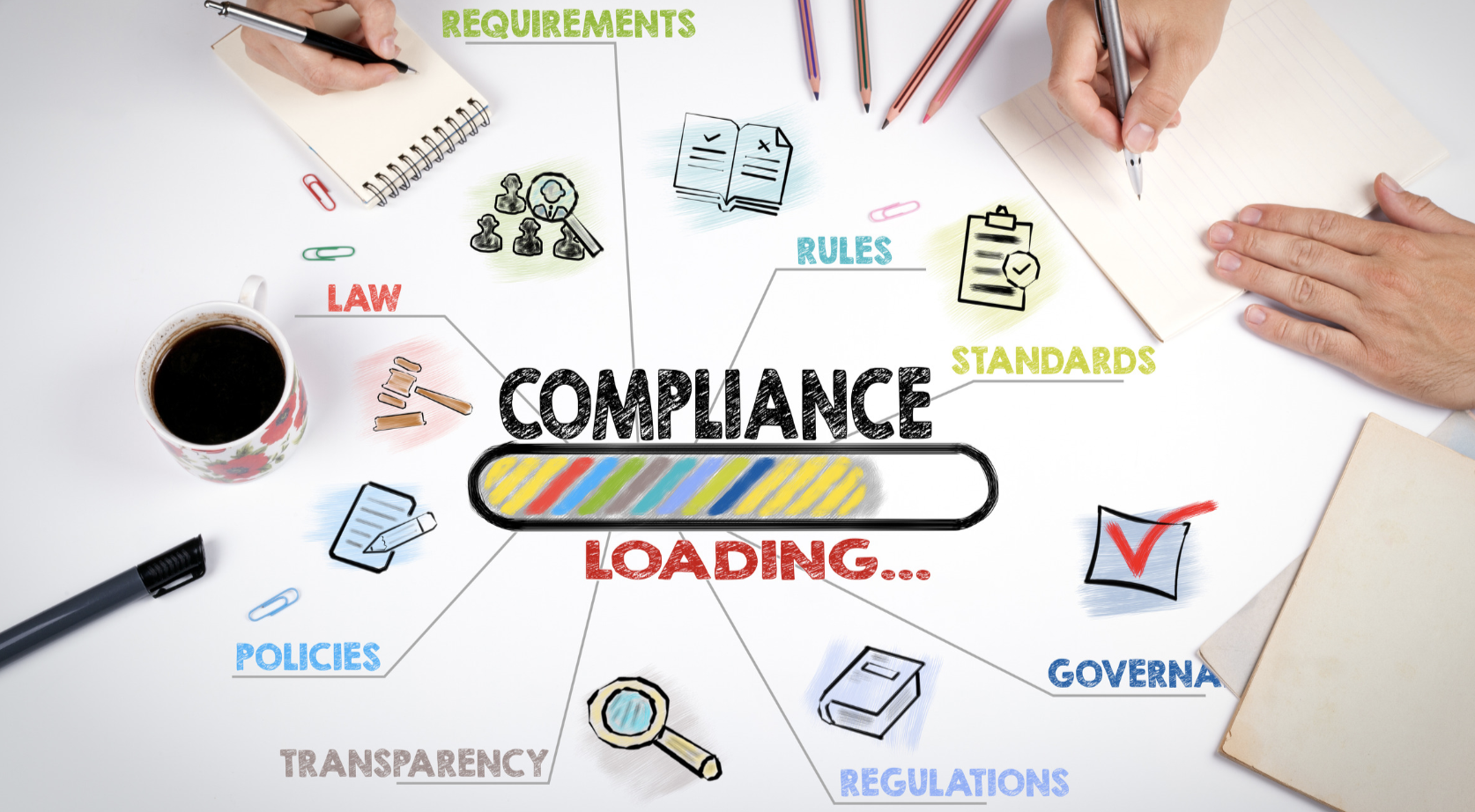
You have a great product.
You have interest from multiple retailers, and consumer demand is high.
You have your team running full-speed ahead.
You’re on a path to success, and it seems like nothing can stop your forward momentum. And nothing will stop you, unless you’re not complying with the rules and regulation of the CPG industry.
Creating compliance
There’s nothing more frustrating than going full steam ahead on your CPG journey only to pull up short when you’re flagged for non-compliance. Compliance is a broad term that can mean something different depending on the governing body, but in general terms, if you’re found non-compliant, it means you are not following the rules of the company or industry you’re engaging in business with.
As a supplier, once you enter into a contract with another company for whatever purpose, both sides are required to follow certain set rules and regulations. And once you both agree to those rules, and start following those rules and regulations, you are deemed as being in compliance.
It sounds like a relatively easy and straightforward proposition, but considering there are both internal and external regulations that both parties must abide by, getting in—and staying in—compliance can be a bit trickier than some companies anticipate. It’s not always just the company you’re in business with that is setting the rules. Outside legislation often determines the how and where certain processes have to happen, which further dictates compliance.
For consumer packaged goods companies (CPG), there are a number of categories that suppliers need to be compliant in, from labeling to data exchange to food safety. And each compliance measure has its own set of rules. All of it, together, can easily become overwhelming for an emerging supplier.
Navigating the compliance maze
Bigger regulatory bodies, like the Food and Drug Administration, for example, provide policy guides that ostensibly help companies navigate the tricky maze of compliance. But those guides will only get you so far, and they’re not designed to help organizations stay compliant throughout a supplier’s processes.
One of the many benefits of working with RangeMe is that suppliers can gain access to service providers who will help them get and stay compliant every step of the way. Our Compliance Service Providers category lets suppliers search for companies who are ready and able to work with emerging suppliers to help them better navigate and understand a variety of compliance markets, including:
· EDI compliance
· FDA registration
· Food safety & FSMA
· FTC compliance
· Health Canada compliance
· Labeling compliance
Compliance risks shouldn’t hold your business back from growing. RangeMe’s compliance service partners can help you maneuver through the process and keep your business on the right side of the rules and regulations.

Comments
0 comments
Please sign in to leave a comment.